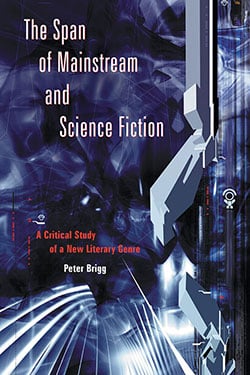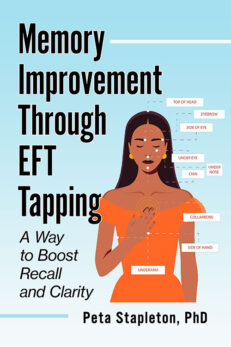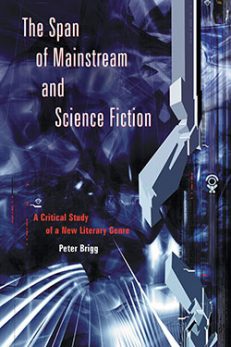The Span of Mainstream and Science Fiction
A Critical Study of a New Literary Genre
Original price was: $39.95.$19.99Current price is: $19.99.
In stock
About the Book
From the 1960s (when the advent of what many call the postmodern style made establishing genres more difficult) to the present day, writers have been incorporating science—not only the commonly thought of science and technology but also the “soft” sciences such as psychology and sociology—into what was previously considered mainstream fiction. This book examines works by Thomas Pynchon, Doris Lessing, and others who incorporate science in fiction and exemplify the movement of mainstream fiction writers toward a new genre termed “span.” It also examines works by some science fiction writers who are edging closer to the border of science fiction and slowly over into span. This book maps the boundaries of the new span genre of fiction and thus helps define texts that fall outside the realms of mainstream and science fiction. Diagrams are included and a bibliography and index.
About the Author(s)
Bibliographic Details
Peter Brigg
Format: softcover (6 x 9)
Pages: 220
Bibliographic Info: photos, notes, bibliography, index
Copyright Date: 2002
pISBN: 978-0-7864-1304-1
eISBN: 978-0-7864-8029-6
Imprint: McFarland
Table of Contents
Preface 1
1 Introduction to Span Fiction 5
2 Doris Lessing: Experiments in Alternate Reality 25
3 Thomas Pynchon: Science in Life 57
4 A Bridge Takes Shape: Other Writers 99
5 Border Skirmishes: Span and Science Fiction 172
6 The New Alignment 188
Notes 193
Bibliography 199
Index 205
Book Reviews & Awards
- “Geniune and well presented”—Public Library Quarterly
- “A brave and suggestive effort to account for the increased appearance in contemporary fiction of appropriations of SF motifs”—Utopian Studies





